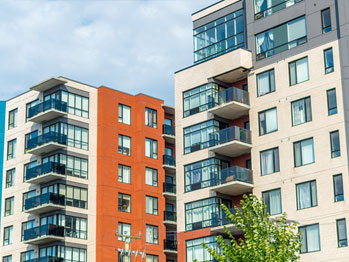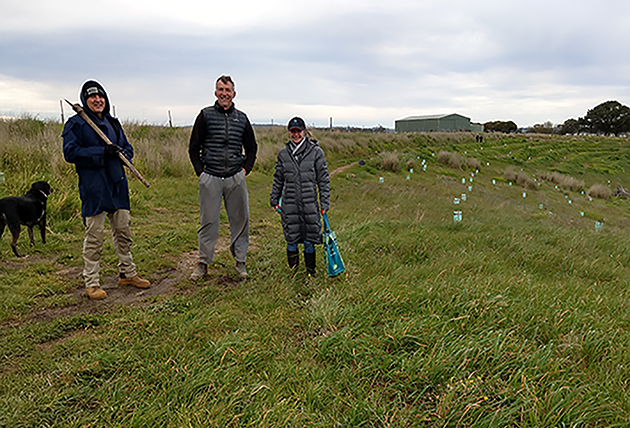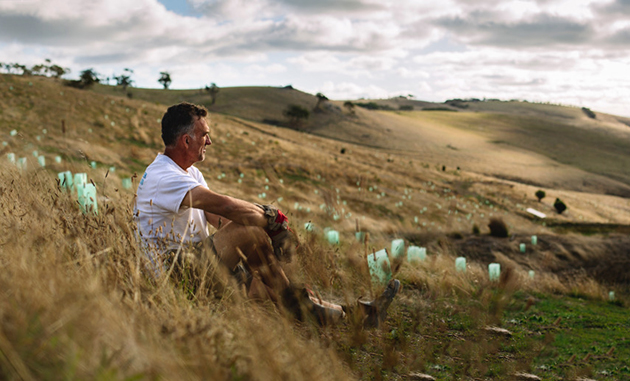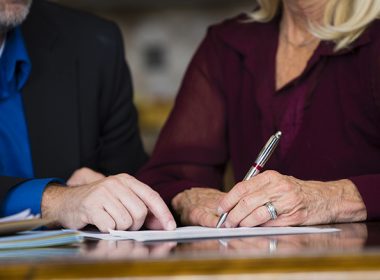
Smarter Communities is a progressive business that has always been able to see the wood for the trees.
Which is why we take our obligations to corporate and environmental sustainability quite seriously. The same can be said about our staff.
Having set ourselves the ambitious target of becoming completely carbon neutral by 2025, over the past 12 months we have undertaken numerous practical technical advancements at the ground level of our business to reduce our environmental footprint.
This includes installing modern office equipment which saves on energy and toners, and we continue to invest in smart technology which benefits both the environment and our business.
As part of our broader commitment to reducing emissions, we recently aligned ourselves with a unique conservation initiative called The Forktree Project.
Rewilding – environmental conservation and ecological restoration
Run by high profile environmental scientist Tim Jarvis, The Forktree Project aims to help combat climate change and biodiversity loss by returning a degraded 133 acres former pastoral property in South Australia, back to nature.
We were drawn to this initiative largely because the project has two levels of impact.
At a direct level it will result in the planting of tens of thousands of native trees and shrubs to provide habitat for native species, as well as a seed nursery to grow native plants and trees.
At the same time it will remove thousands of tonnes of carbon dioxide from the atmosphere in a process known as sequestration.
More broadly, The Forktree Project aims to set a positive example of the type of work that can be done for others to follow.
And we think this is a great thing and encourage others in the strata industry and related industries to also participate.
Embracing our corporate conscience
Our involvement in the project began when Tim conducted an audit of the flights and ground travel we undertook, as well as how much electricity we consumed in the past financial year.
From there Tim was able to calculate that, based on our emissions, we would need to plant 900 trees each year for each of the next five years to cancel out the environmental impacts of our travel and power usage.
“The figure of 900 trees was calculated based on the amount of carbon dioxide Forktree’s trees will take out of the atmosphere over the next five years of their lives,” Tim says.
“As the trees have only just been planted, and begin their lift as small saplings, they will only sequester a small amount of carbon dioxide initially, but this will increase rapidly as they grow so that by year five they will have sequestered all of Smarter Communities’ emissions for this financial year.”
Assuming we continue to use offsets as the way to be carbon neutral, each year we will be required to plant another batch of trees to sequester our carbon dioxide emissions for that financial year.
Everyone can contribute to reducing carbon dioxide emissions
The Forktree Project is located in South Australia’s picturesque Fleurieu Peninsula, just 30 minutes south from Adelaide.
Keeping within pandemic restriction guidelines, a team from Smarter Communities’ SA branch, Adelaide Strata and Community Management (ASCM), recently volunteered at The Forktree Project to assist Tim and his crew with the clearing of land and planting trees.
ASCM State Manager, Adrian Roach; Business Development Manager, Gary Read; Community Manager, Nicole Roach and Smarter Communities Marketing Coordinator, Kendra Burgess braved the brisk windy conditions to plant eucalyptus trees.
Tim says becoming carbon neutral is critical as greenhouse gases, such as carbon dioxide, are a major contributor to climate change as they trap heat in the earth’s atmosphere rather than allow it to escape into space.
Owing to human complacency, carbon dioxide levels in the atmosphere are currently at the highest levels they’ve ever been, with the result that we are enduring higher sea levels, extreme weather events, increased variability in the climate and ocean acidification.
While we hope our involvement will assist other businesses to consider going carbon neutral, there are also a number of ways you as individuals can do your bit too.












